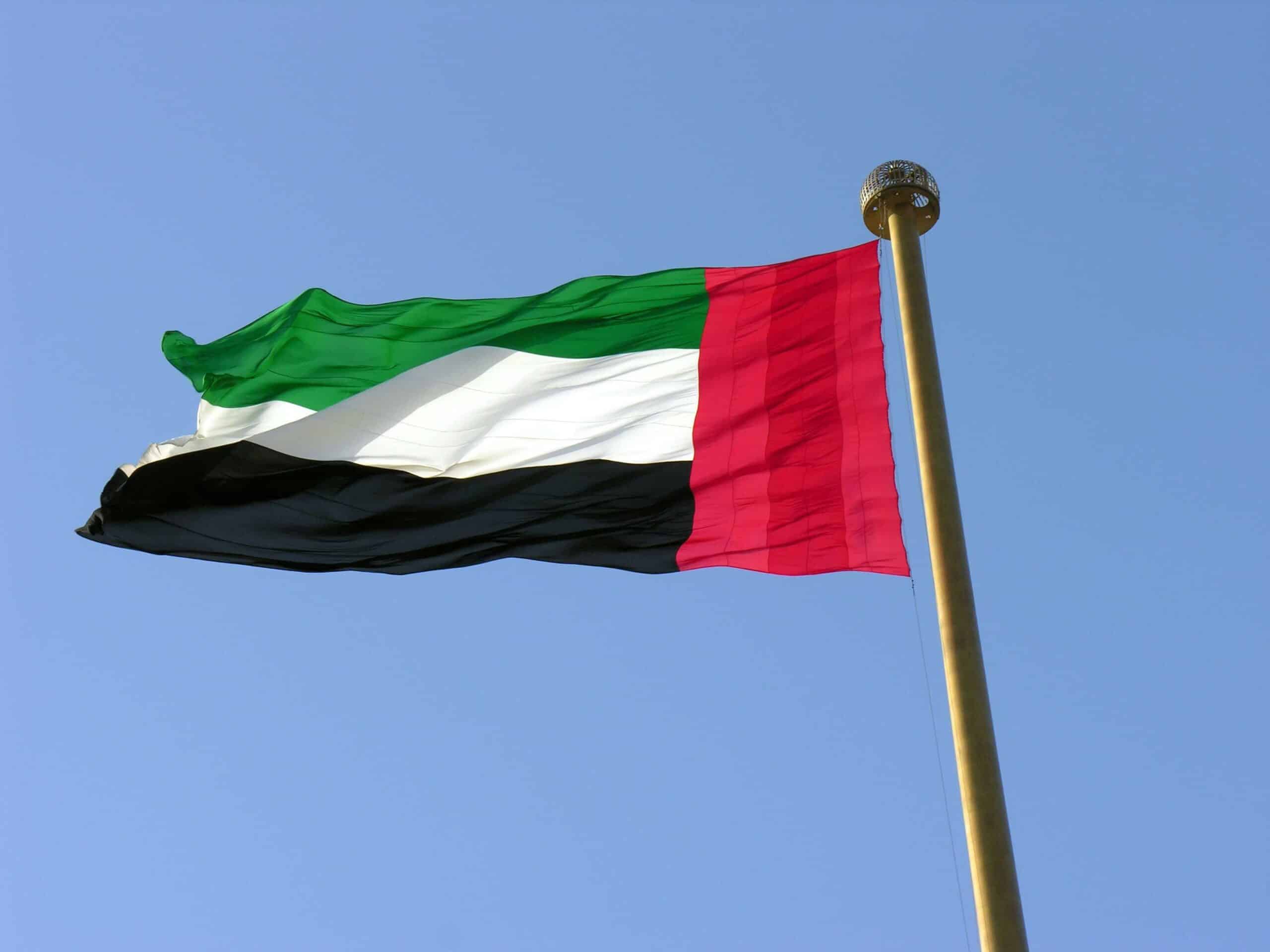Egypt, a nation steeped in history and culture, stands at the crossroads of development and progress. Recently, it made headlines with a monumental agreement between Egypt and the United Arab Emirates (UAE), signifying a significant stride towards economic rejuvenation and infrastructural advancement. This transformative pact entails the development of the Ras El Hekma peninsula, a prime coastal stretch along the Mediterranean, promising to infuse Egypt with a staggering $35 billion in investments over the next two months.
The deal, inked with ADQ, one of Abu Dhabi’s sovereign investment funds, heralds a new era of economic collaboration and growth potential for Egypt. Ras El Hekma, situated approximately 200 kilometres west of Alexandria, is envisioned as the site for a futuristic city spanning 170 square kilometres. This ambitious undertaking aims to redefine urban living with a blend of innovation, sustainability, and modern amenities.
Egypt’s Prime Minister Mostafa Madbouly, in a press conference, articulated the far-reaching implications of this agreement. He expressed optimism that the project, with its multifaceted investment zones, technology hubs, recreational facilities, and residential developments, would not only catalyze economic expansion but also create a model for urban excellence.
The timing of this partnership couldn’t be more auspicious for Egypt, grappling with a host of economic challenges. Chronic shortages of foreign currency, soaring inflation rates, and mounting debt burdens have cast a shadow over the nation’s economic landscape. The infusion of funds from the UAE presents a beacon of hope, offering a lifeline to buoy Egypt’s struggling economy amid tumultuous times.
Moreover, the deal underscores Egypt’s resolve to diversify its economic portfolio beyond the hydrocarbons sector. While the nation has historically relied on oil and gas revenues, it now seeks to attract substantial foreign investments across various industries. This strategic pivot aligns with Egypt’s vision of fostering sustainable growth and resilience in the face of global economic uncertainties.
The financial markets responded with enthusiasm to news of the agreement, as Egypt’s sovereign dollar bonds surged, signaling investor confidence in the nation’s economic prospects. Longer-dated bonds witnessed substantial gains, reflecting a positive outlook on Egypt’s ability to address its financing needs and bolster investor trust.
In the broader geopolitical context, the Egypt-UAE partnership symbolizes the convergence of regional interests and aspirations for mutual prosperity. It underscores the strategic importance of fostering strong alliances and leveraging collective strengths to navigate complex geopolitical dynamics.
However, amidst the optimism surrounding the agreement, challenges loom large on Egypt’s economic horizon. The nation’s engagement with the International Monetary Fund (IMF) has been fraught with hurdles, with delays in implementing promised reforms and meeting financial targets. Talks with the IMF to enhance Egypt’s loan program have shown progress, yet the road ahead remains arduous.
Furthermore, Egypt’s leadership faces mounting pressure to undertake structural reforms aimed at fostering a conducive business environment, enhancing tax compliance, and promoting private sector participation. The spectre of bureaucracy and red tape continues to hinder investment inflows and impede entrepreneurial endeavours, underscoring the imperative for administrative reforms and policy modernization.
President Abdel Fattah al-Sisi’s tenure has been characterized by grand infrastructure projects aimed at stimulating economic growth and job creation. While these endeavours have garnered praise for their ambition, critics argue for a recalibration of priorities towards inclusive and sustainable development, ensuring equitable distribution of resources and opportunities across society.
Against the backdrop of regional upheavals and geopolitical tensions, Egypt stands as a beacon of stability and resilience in the Middle East. The Egypt-UAE agreement not only augurs well for Egypt’s economic revival but also epitomizes the spirit of partnership and collaboration in charting a course towards shared prosperity.
As Egypt embarks on this transformative journey of development and progress, the path ahead is fraught with challenges and opportunities alike. The success of the Ras El Hekma project hinges not only on financial investments but also on visionary leadership, effective governance, and sustained commitment to realizing the aspirations of the Egyptian people.
In conclusion, the Egypt-UAE agreement represents a pivotal moment in Egypt’s history, offering a glimmer of hope amidst economic uncertainties and geopolitical complexities. It underscores the power of partnerships in shaping a brighter future for generations to come, reaffirming Egypt’s enduring resilience and potential on the global stage.



















